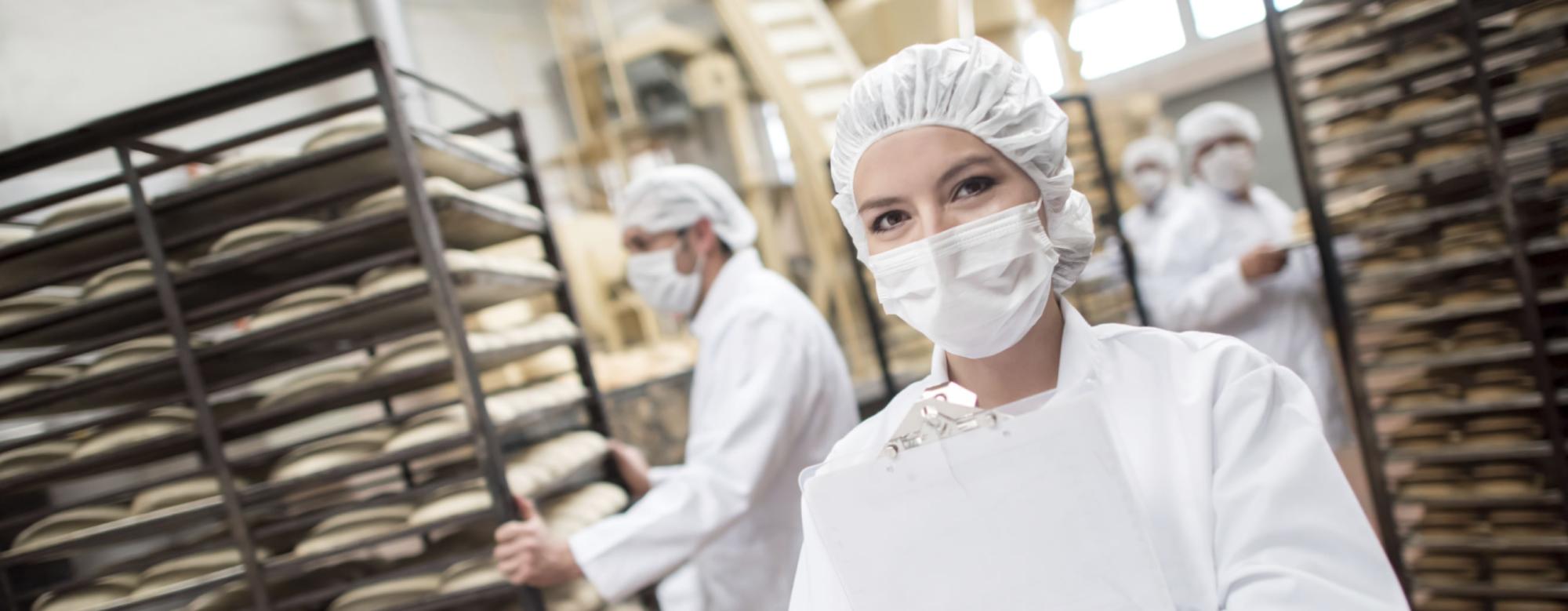Highlights
-
Starting a food business involves a range of requirements and obligations to ensure food sold is safe and suitable to eat.
-
Enforcement of the Food Act 2003 helps achieve the effective management of food safety risks and the prevention of misleading conduct in connection with the sale of food.
-
The NSW Food Authority can issue export certificates to NSW food manufacturers to facilitate export trade. However, the first port of call is the Australian Department of Agriculture.
-
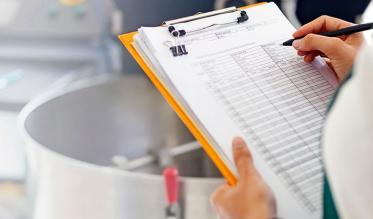 Enforcement of the Food Act 2003 helps achieve the effective management of food safety risks and the prevention of misleading conduct in connection with the sale of food.
Enforcement of the Food Act 2003 helps achieve the effective management of food safety risks and the prevention of misleading conduct in connection with the sale of food. -

Cold stores are businesses that store high-risk food products that would normally require a license to manufacture, such as meat, seafood, plant or dairy.
-
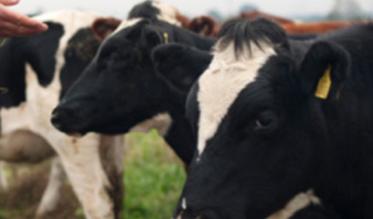
The NSW Food Authority licences around 1,700 businesses in the dairy sector.
-
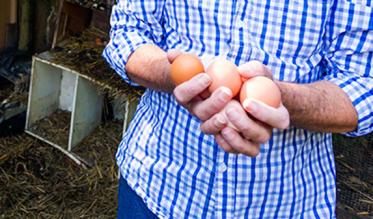
The NSW egg industry is a diverse and varied with 34% of all egg production in Australia occurring in NSW.
-
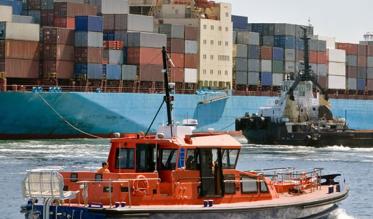 The NSW Food Authority can issue export certificates to NSW food manufacturers to facilitate export trade. However, the first port of call is the Australian Department of Agriculture.
The NSW Food Authority can issue export certificates to NSW food manufacturers to facilitate export trade. However, the first port of call is the Australian Department of Agriculture. -
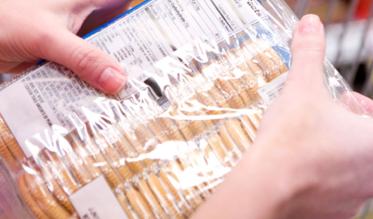 Find the information you need to understand what a food label is telling you, and manage your food choices.
Find the information you need to understand what a food label is telling you, and manage your food choices. -

Food safety programs are designed to help businesses identify and manage hazards to food safety.
-
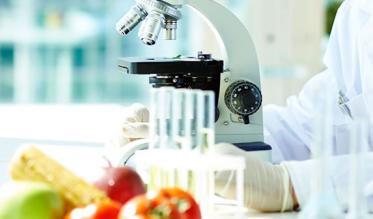
The NSW Food Authority has prepared the NSW Food Safety Schemes Manual (the Manual) to specify testing requirements for the following food safety schemes und
-
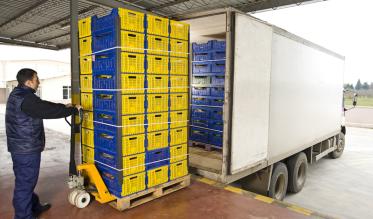
If you're a food business that transports food, you need to keep food protected from contamination and at the right temperature so it stays safe to eat.
-
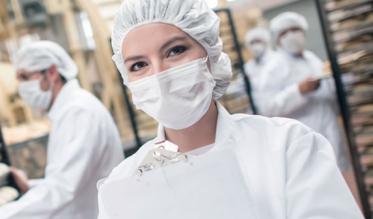
Manufacturing and wholesaling businesses produce, store, distribute and/or sell foods by wholesale (business to business)&n
-
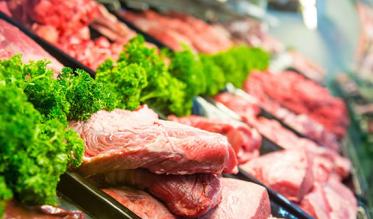
NSW is the largest producer of poultry meat in Australia, producing around a third of the national total.
-
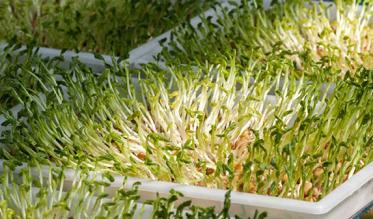
NSW plant product businesses are those that handle fresh cut fruit, fresh cut vegetables, vegetables in oil, unpasteurised juice or seed sprouts.
-
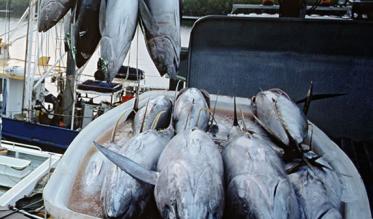
NSW has a diverse fishing and seafood industry.
The NSW Food Authority licenses around 1,900 businesses in the sector.
-

The NSW Food Authority licenses around 240 shellfish businesses, which include oyster farmers and shellfish wild harvesters.
-
 Starting a food business involves a range of requirements and obligations to ensure food sold is safe and suitable to eat.
Starting a food business involves a range of requirements and obligations to ensure food sold is safe and suitable to eat. -

The Food Authority licenses around 1,200 businesses that provide food service to vulnerable persons in NSW including:

